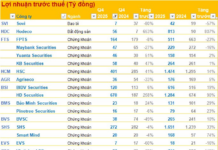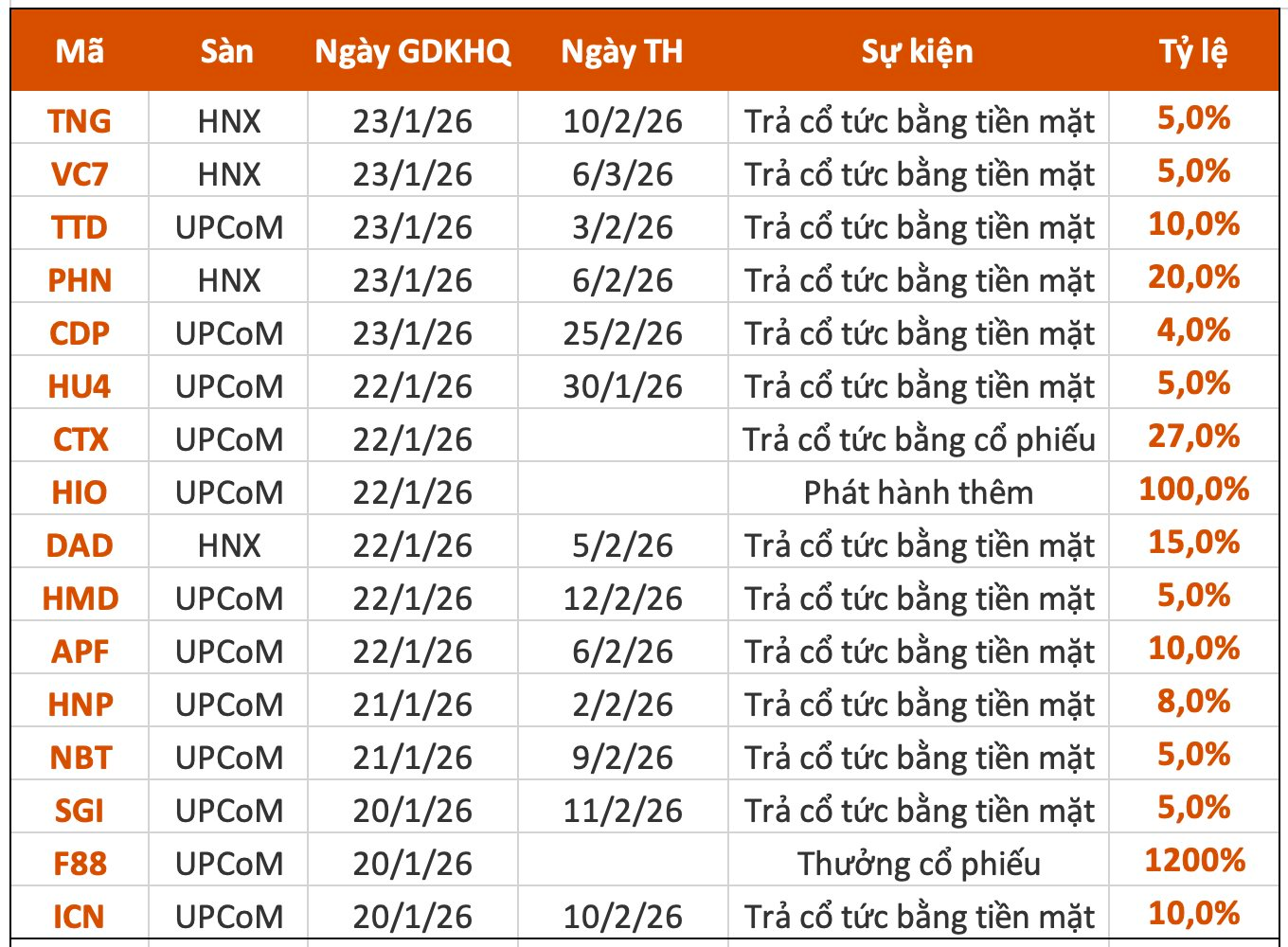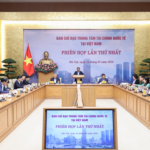
Á hậu Phương Nhi and her sister-in-law, Bùi Lan Anh, captivate audiences during the opening ceremony of the Exhibition of the Country’s Achievements.
On August 28, the opening ceremony of the Exhibition of the Country’s Achievements, titled “80 Years of Independence, Freedom, and Happiness,” took place at the Vietnam Exhibition Center in Dong Anh, Hanoi.
The live broadcast of the opening ceremony on VTV1 captured the attention of numerous viewers. Notably, a brief three-second moment featuring Á hậu Phương Nhi and her sister-in-law, Bùi Lan Anh, took social media by storm.
Dressed in a white áo dài with her hair flowing naturally, Phương Nhi impressed viewers with her radiant beauty and elegant demeanor. Her sister-in-law also captivated audiences with her striking and sophisticated charm.
Prior to this, on August 19, Á hậu Phương Nhi attended the inauguration and groundbreaking ceremony of 250 projects celebrating the 80th National Day alongside her husband and the family of billionaire Phạm Nhật Vượng. This was one of the rare occasions where the á hậu has made a public appearance since her marriage.
In early January 2025, Á hậu Phương Nhi held her engagement ceremony with businessman Phạm Nhật Minh Hoang. Details about their wedding have not yet been disclosed.
What did Vingroup showcase at the Exhibition of the Country’s Achievements?

VinRobotics and VinMotion’s robotic products in the field of technology attract visitors at the Exhibition. Photo: VIC
The Exhibition of the Country’s Achievements, “80 Years of Independence, Freedom, and Happiness,” took place from August 28 to September 5, 2025, at the Vietnam Exhibition Center, featuring 230 booths and covering nearly 260,000 square meters. The exhibition displayed numerous products and images, showcasing the achievements of 34 provinces and cities, 28 ministries and sectors, as well as prominent private and state-owned enterprises.
Vingroup presented a diverse range of products at the exhibition to introduce to the public. Their exhibition space consisted of three main areas: an indoor booth in the H3 Kim Quy Exhibition Hall, themed “National Founding Entrepreneurship,” spanning approximately 400 square meters; an outdoor area of 2,600 square meters in the West Square, themed “Aspiring for the Sky, Towards a Green Future”; and 370 square meters in the East Square, part of the exhibition space of Haiphong City.
The indoor exhibition’s focal point was the Technology-Industry Cluster, featuring brands from the Green Alliance, including VinFast and its partners GSM, V-Green, GF, and VinEnergo. This cluster conveyed a powerful message of “Conquering the World, Creating a Green Sky,” showcasing the group’s ambition, spirit, and continuous innovation in their green transformation journey toward international recognition.
Accompanying the industrial cluster were technology brands such as VinRobotics, VinMotion, VinVentures, and VinCSS. These companies are making remarkable strides to establish Vietnam’s presence on the global technology map.

The premium Lac Hong 900 LX electric car model makes its debut at the Exhibition. Photo: VIC
Notably, the exhibition marked the first public appearance of the premium Lac Hong 900 LX electric car model. This showcase was accompanied by a crew of robots from VinRobotics and VinMotion, capable of interacting and conversing naturally with visitors.
The Ultimate Luxury: VinFast’s Lachong 900 LX Flaunts its Golden Touch
For centuries, this material has been coveted by the wealthy and elite. It is a precious substance, renowned for its beauty and rarity. With its exquisite allure, it has captivated the upper echelons of society, becoming a hallmark of luxury and refinement.
“The Lac Hong 900 LX: An Armored Beast Weighing Over 5 Tons, Capable of Withstanding 440 Bullets – and Still Moving on Deflated Tires”
VinFast, Vietnam’s leading automotive manufacturer, has once again showcased its excellence with the delivery of the Lac Hong 900 LX fleet to the Ministry of Foreign Affairs. Among these exquisite vehicles is an internationally certified bulletproof variant, designed to provide unparalleled security for foreign dignitaries during the country’s 80th National Day celebrations on September 2nd.
The Billionaire’s Historic High
As of 2023, Vietnamese billionaire Pham Nhat Vuong ranks 196th on the Forbes list of the world’s wealthiest individuals, with a staggering net worth of $13.6 billion.










































